Table of Contents
ToggleSources
- https://www.uscourts.gov/about-federal-courts/educational-resources/about-educational-outreach/activity-resources/us
This official U.S. Courts website provides a comprehensive overview of the federal judiciary, including the Supreme Court, its role, and its relationship with the other branches of government. It's an authoritative source for understanding the Judicial Branch. - https://www.supremecourt.gov/about/constitutional.aspx
The Supreme Court's official website details its constitutional role, jurisdiction, and how it interacts with Congress and the President. It's a primary source for information on the Supreme Court's functions and checks and balances. - https://www.whitehouse.gov/about-the-white-house/our-government/the-judicial-branch/
The White House's official page on the Judicial Branch explains its structure, the appointment process for justices, and its role in the system of checks and balances. It's a reliable source for understanding the Executive Branch's perspective on the judiciary. - https://www.senate.gov/reference/reference_index_subjects/Judiciary_vrd.htm
The U.S. Senate's page on the Judiciary provides insight into the Legislative Branch's role in shaping the federal courts, including the confirmation of justices and the establishment of lower courts. It's a key resource for understanding Congress's impact on the Judicial Branch. - https://www.archives.gov/founding-docs/constitution-transcript
The National Archives provides the full text of the U.S. Constitution, which establishes the Judicial Branch and outlines its powers and relationship with the other branches. It's the foundational document for all discussions about the federal government's structure.
Key Points
- The Judicial Branch consists of federal courts and the Supreme Court, which is the highest court in the U.S.
- The Supreme Court has nine justices, including a Chief Justice, and serves as the final authority on legal appeals and constitutional matters.
- The Judicial Branch checks the Legislative Branch by ensuring laws are constitutional, protecting rights like those in the Bill of Rights.
- Congress influences the Judicial Branch by determining the number of Supreme Court justices and creating lower federal courts.
- The Executive Branch, led by the President, nominates Supreme Court justices, while the Senate confirms or rejects them.
- The Supreme Court can strike down both state and federal laws if they are deemed unconstitutional.
- The Judicial Branch plays a crucial role in maintaining checks and balances among the three branches of government.
- The President can veto laws, but Congress can override vetoes, showing the balance of power between branches.
- Supreme Court justices serve life terms to reduce political bias and ensure impartiality in legal decisions.
- The Judicial Branch protects citizens from unconstitutional laws and potential abuses of power by other branches.
Summary
The Judicial Branch, including the Supreme Court, ensures laws align with the Constitution and serves as a check on the Legislative and Executive Branches. While Congress creates laws and the President enforces them, the Judicial Branch interprets their constitutionality, with justices appointed by the President and confirmed by the Senate. This system of checks and balances maintains fairness and upholds the rule of law in the U.S. government.
The government system in the United States sees elected Legislative Branch officials in the houses of Congress create bills and debate issues. In contrast, the elected president in the Executive Branch works with his administration in the White House. However, there is a set of unelected officials in a third branch of the federal government. What is the Judicial Branch, and what is its relationship with Congress and the President of the United States?

Get Smarter on US News, History, and the Constitution
Join the thousands of fellow patriots who rely on our 5-minute newsletter to stay informed on the key events and trends that shaped our nation's past and continue to shape its present.
What is the Judicial Branch?
The Judicial Branch of government refers to the federal judiciary system of federal courts and the Supreme Court of the United States. This is the highest federal court in the land and is responsible for handling major legal appeals and dealing with bills that may be unconstitutional. It forms the final series of checks in the law-making process alongside the Legislative and Executive Branches.
The Supreme Court of the United States
The Supreme Court is the highest court in the United States and has been in place since the Judiciary Act of 1790. This position means that it is the United States court of last resort, and a Supreme Court decision is final as there is no higher power to appeal following a verdict in a case. There are nine justices on the Supreme Court, with one of those assuming the role of Chief Justice.
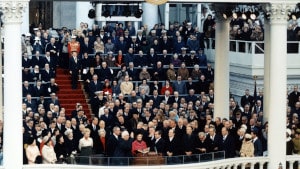
The court’s ruling is essential for cases of national interest, especially those that may end up shaping the application of the law and the interpretation of the Constitution. The United States Supreme Court will hear appeals from cases passed from inferior courts, with both sides giving their statements before a verdict is delivered. The Supreme Court has original jurisdiction in disputes between the states as a superior court. It can strike down state law as well as federal law that is deemed to be unconstitutional.
There Are Three Branches of Government in the United States
This Judicial Branch of government may have a lot of power when it comes to upholding the laws and defending the Constitution, but it is just one part of a larger system. The federal government also contains the Executive Branch and the Legislative Branch.
The Impact of the Judicial Branch on the Legislative Branch
The Legislative Branch is the one that makes all the laws that Supreme Court must then either uphold or deem unconstitutional. Here, Senators and Representatives debate policies, vote on important bills, and pass proposals for potential amendments to the United States Constitution.
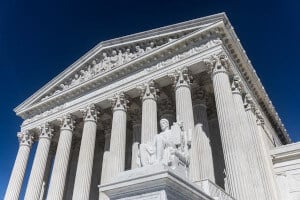
However, the United States Supreme Court then has the responsibility to ensure that any bill making it to law is constitutional. It means that nothing within the clauses and terminology could be seen as violating the people’s rights or the government’s responsibilities.
This is where the Bill of Rights proves its worth for the protection of the people. There is always the possibility that some aspect of a bill will go against one of the basic freedoms in the 1st Amendment, such as the freedom of speech, religious practice, or peaceful protest.
The Impact of the Legislative Branch on the Judicial Branch
While the Supreme Court has the final say on many matters, Congress has the last word on the structure of the Judicial Branch. This brings a greater balance of power between the two.
Congress determines the number of Supreme Court Justices and has the power to create smaller district courts for federal cases. From there, Congress will also determine the jurisdiction of the federal courts. However, the court decisions of inferior courts can still be challenged in the highest court in the United States.
The Relationship Between the Judicial Branch and Executive Branch
The other branch of government is the Executive Branch. The head of this branch is the President of the United States. While they are classed as the most powerful individual in the country and the nation’s leader, there is a limit to what they can do.

Presidents have the power to sign bills into law or veto them if they feel it is within the nation’s best interests to do so. This means that they get the final say before something becomes law. However, there is still that overriding power in the Legislative Branch to overturn those decisions. The president will also work to set the political agenda and advise those in Congress on how to vote. They also have the power to determine the course of the war, although the Legislative Branch must be the one to declare it.
The Appointment of Judicial Branch Members
Finally, it is important to remember that the lineup of the Supreme Court is the work of both the Executive and Legislative Branches. The checks and balances system comes into play for the Judicial Branch on such occasions.
The need for a new member of the Supreme Court is rare because of these life terms and the small number justices on the bench. However, there will be times when a Supreme Court justice needs to resign for various reasons or simply dies while in office. When this happens, the Executive Branch will nominate a successor via the president, and the Legislative Branch will confirm or reject that choice via the Senate.
The idea is that this creates a fairer process where party politics is a secondary consideration. The government can nominate and appoint qualified individuals that will be fit to uphold the law and handle cases without the need for a political campaign. This saves time and money, but the public isn’t left feeling as though the Supreme Court and the court system may be biased in any way.
The Importance of the Judicial Branch
The Judicial Branch of the United States government may be the one we think of the least as we don’t have any direct links to the appointment of those involved. It isn’t like the Legislative Branch with elected officials for each state or the high-profile figure in the Oval Office. But, judicial power has just as important a part to play by upholding the constitution, protecting the nation from any harmful laws, and potentially protecting us from any harmful presidents.
What Is the Judicial Branch? Quiz
Frequently Asked Questions
What is the Judicial Branch of the U.S. government?
What is the role of the Supreme Court in the U.S. government?
How does the Judicial Branch interact with the Legislative Branch?
How are Supreme Court justices appointed?
Why is the Judicial Branch important in the U.S. government?
How useful was this post?
Click on a star to rate it!
Average rating / 5. Vote count:
No votes so far! Be the first to rate this post.
We are sorry that this post was not useful for you!
Let us improve this post!
Tell us how we can improve this post?
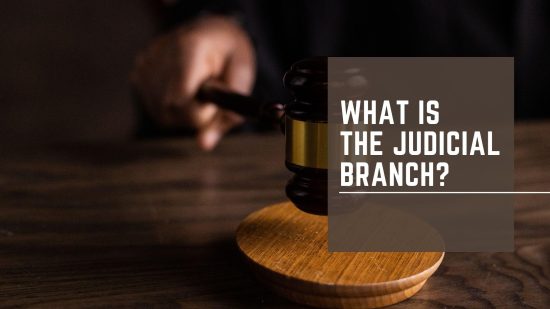

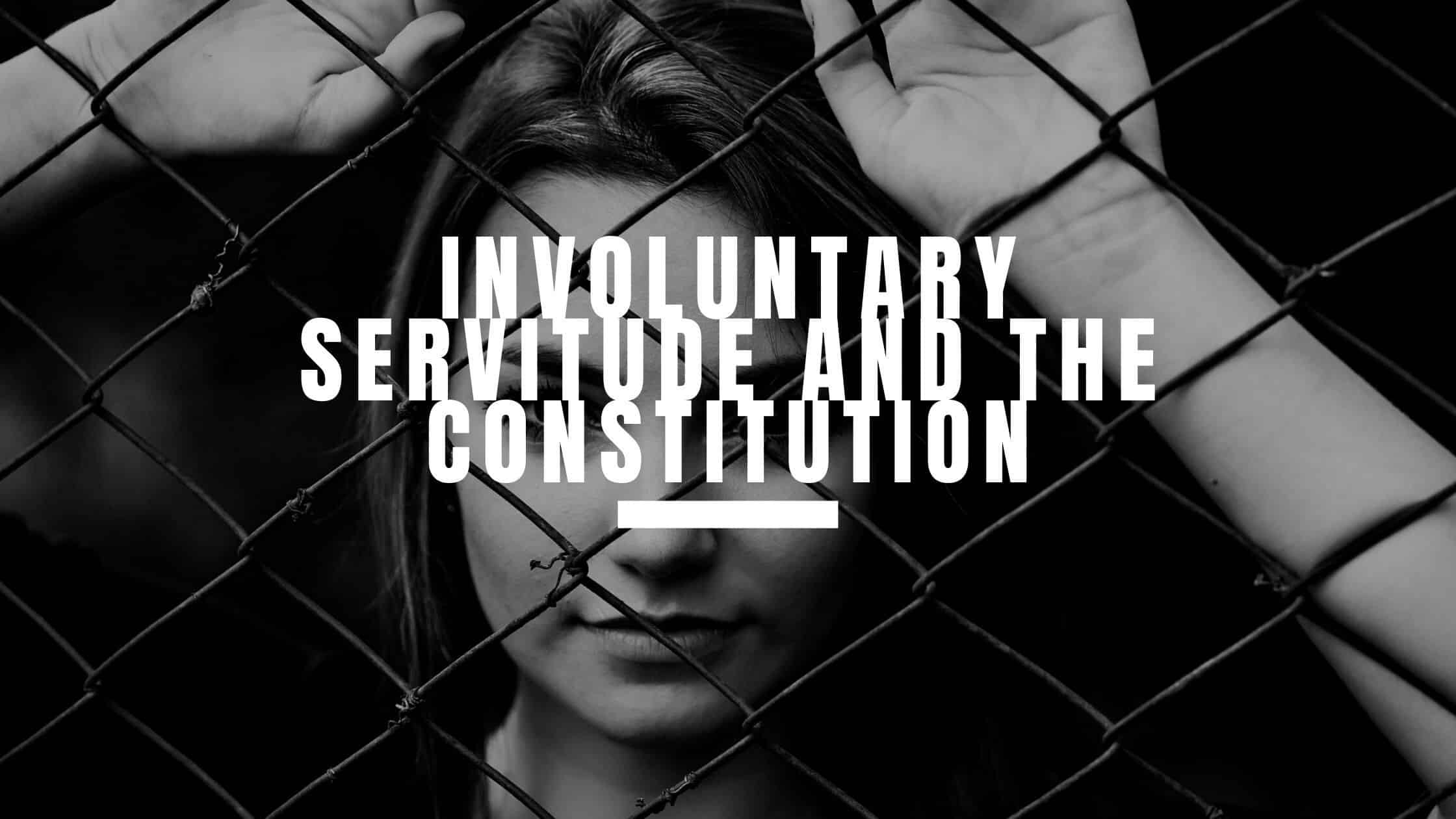
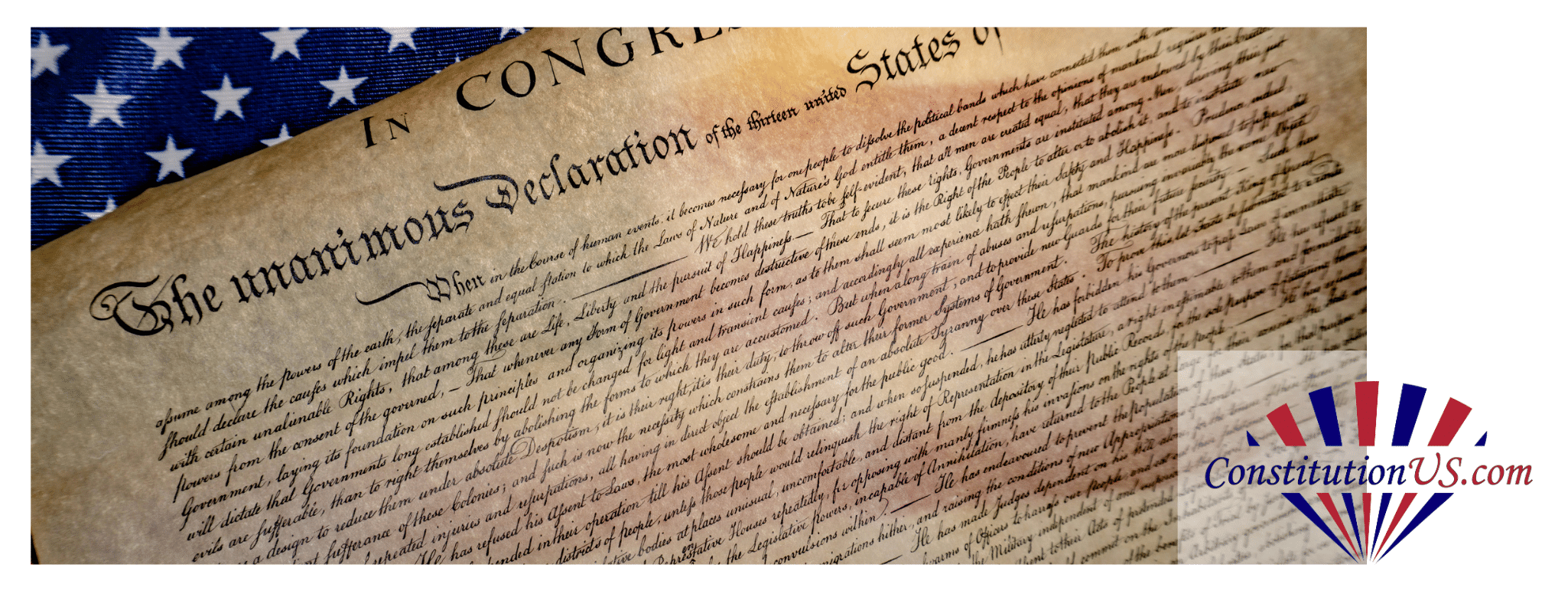
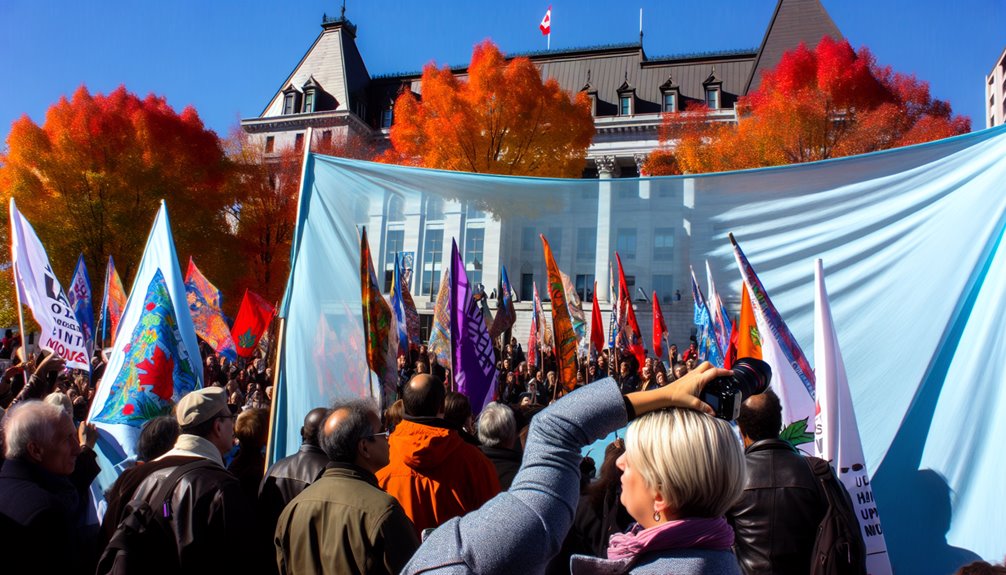
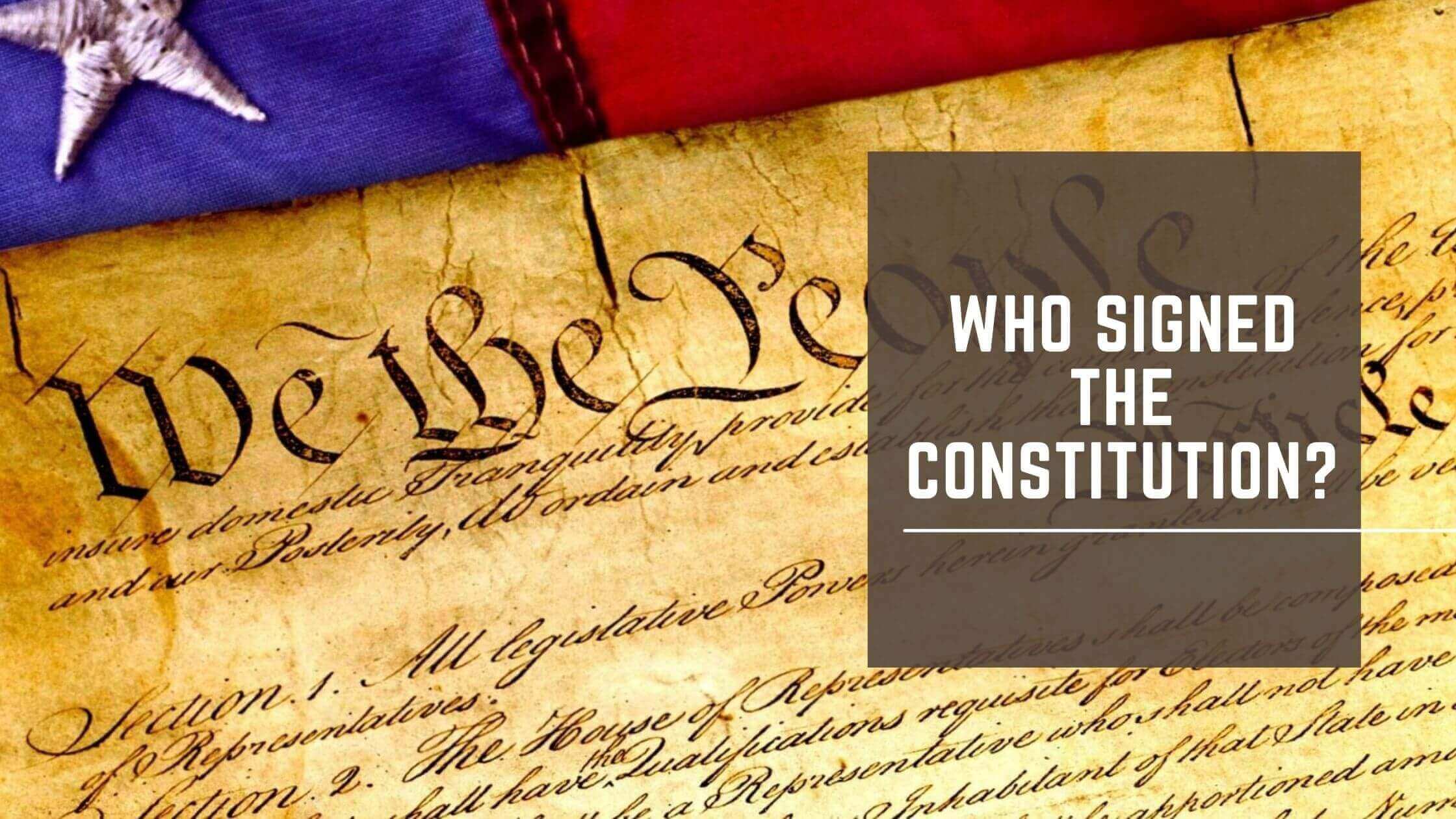
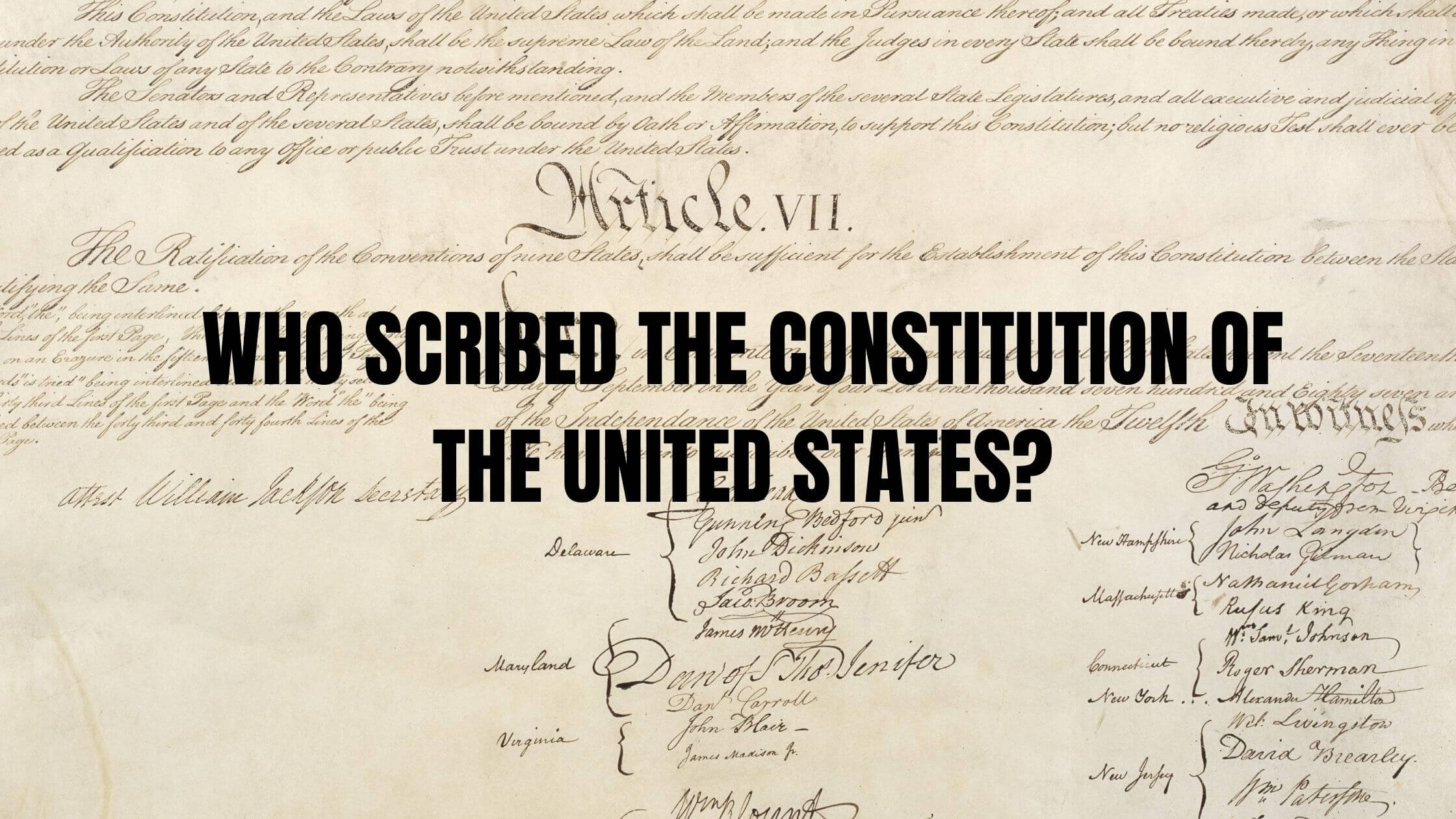
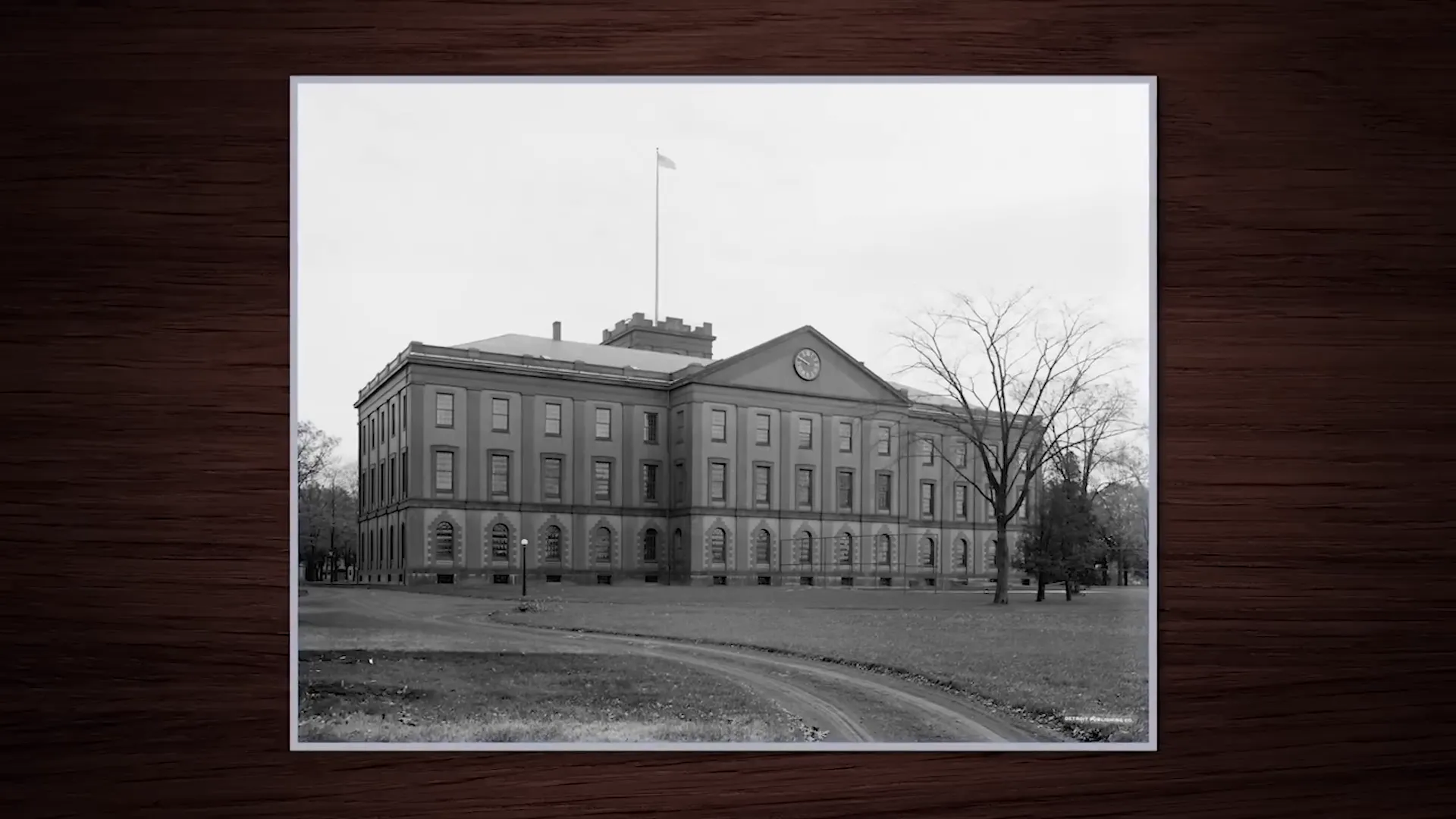
One Response
The Department of Justice appears to be excessively influenced by the Executive Branch. Should it not be under management/oversight of the Judicial Branch?